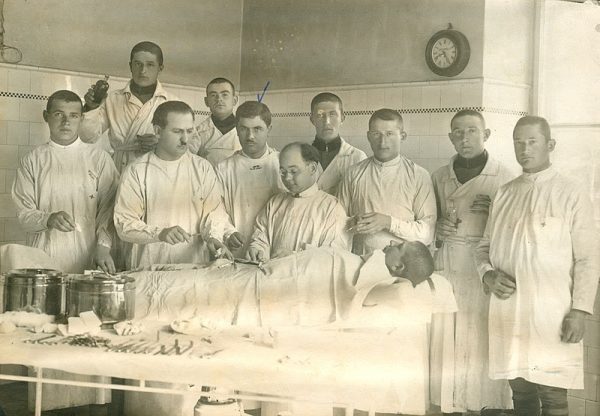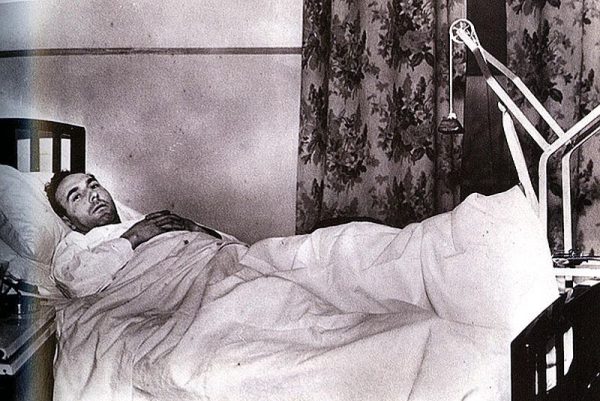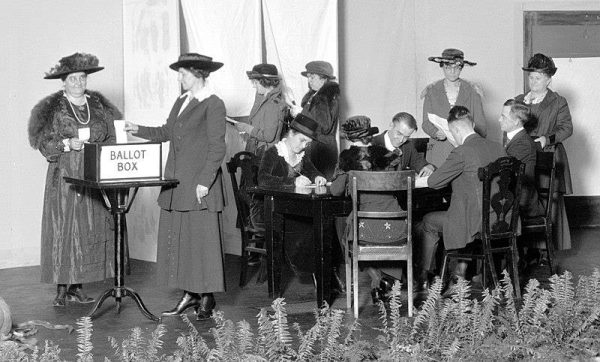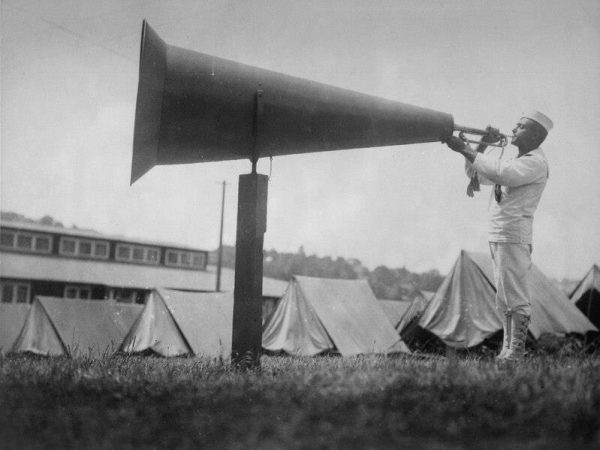Blog

WHAT’S NEW IN 2025
UNSPLITTING HAIRS
Race Discrimination Clarified
As previously reported, California’s Fair Employment and Housing Act (FEHA) prohibits racial discrimination for an employee’s and applicant’s “historically” race-related hairstyles under the 2019 Creating a Respectful and Open Workplace for Natural Hair (CROWN) Act.

WHAT’S NEW IN 2025
NOT SO FAST
Using Earned Vacation Time No Longer a Paid Family Leave Prerequisite
Unemployment Insurance Code 3303.1 has permitted California employers to require an employee to take up to two weeks of earned, unused vacation prior to commencing Paid Family Leave (PFL).

NO RACIAL EPITHETS
Keep Harassment and Retaliation Out of the Workplace
California’s Fair Employment and Housing Act (FEHA) * forbids harassment against employees that alters the conditions of employment resulting in an abusive work environment; and * prohibits retaliation for complaining of harassment. To rise to the level of unlawful harassment, the behavior must be severe or pervasive.

WHAT’S NEW IN 2024
MINIMUM LIFE SUPPORT
Health Care Facility Pay Hikes Take Effect October 16, 2024
As previously reported, recently enacted Labor Code sections 1182.14 and 1182.15 substantially increase minimum wage for workers in various health care facilities, eventually raising the rate to $25/hour, superseding local minimum wage laws.

WHAT’S NEW IN 2025
UPDATED WORKERS COMPENSATION POSTING
Employers Must Advise Injured Workers of Right to Consult an Attorney
California Labor Code 3550 requires employers to prominently display a Notice to Employees-Injuries Caused by Work…

BOO YAH! … NAH!
Defining “Fun” for
Workplace Halloween
With the proper guidelines in place, a workplace Halloween party can build teamwork and morale.

ELECTION ALERT
Voting Rights Notices, Possible Paid Time Off
Election Code 14000 requires an employer to provide an employee either beginning or end of shift time off to vote in a statewide election if that person cannot otherwise do so outside work hours. The company must pay for up to two hours of that voting time.

WHAT’S NEW IN 2025
WHISTLEBLOWER POSTING
California employers must prominently display a workplace whistleblowers’ rights and responsibilities notice.
The Labor Commissioner’s Office’s (LCO) existing “Whistleblowers are Protected” sample notice states the agency “believes” (but does not guarantee) that its text complies with applicable law.

CAUTIONARY TALE EPISODE 89
WAGE THEFT NOT SO DEFT
Restaurant Franchisee Must Pay $1.7 Million to 550 Employees
The California Labor Commissioner’s Office (LCO) has obtained a $1.7 million settlement from a Bakersfield-based Wingstop restaurant franchisee on behalf of 550 employees.

MUNCHED FOR LUNCH
No Break for Paying
Employees’ Meal Times
If an employer is looking for any slack for inadvertent errors in its pay practices, California’s highly technical meal and rest break rules offer no sympathy. In this state’s overheated climate of…
